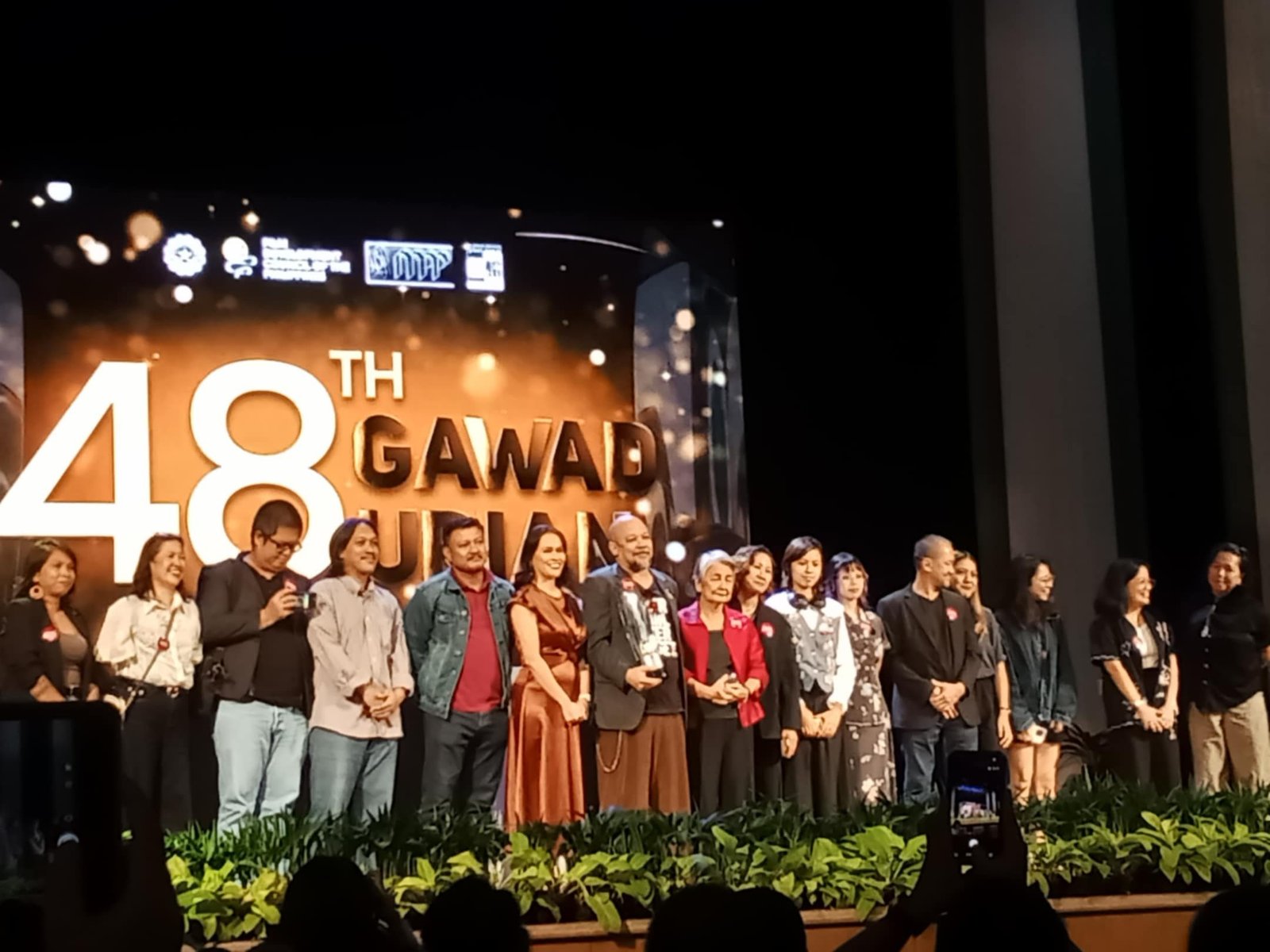Check out Dr. Rea Villa’s TikTok page and you’ll see why people leave comments like “I can relate to this,” “This is so me,” and “Parang kilala mo ako, doc.” Each bite-sized video feels like someone talking directly to your brain, addressing the endless spiral of Filipino overthinking in under a minute.
She is the author of Tama Na, Brain: A Filipino’s Guide to Stop Overthinking, and she’s helping Filipinos one video at a time, one book at a time, one session at a time.
I first encountered her work through a friend who insisted I read her book. Mental health is deeply personal, and how you take care of your mental hygiene is something you don’t realize or get taught in school. I remember when therapy was considered only for those in extreme situations. Nowadays, it’s regular to hear people say they’re in therapy.

But Dr. Villa has made it her mission to normalize these conversations for over 100 million Filipinos. For a culture that prides itself on resilience and strength, admitting we overthink feels almost like admitting weakness. Yet her approach has struck a chord that resonates across generations.
From academia to psychology
Dr. Villa’s journey wasn’t traditional. After 19 years in academia, she enrolled in what she thought was just a master’s program, only to discover halfway through that it led to clinical licensure. “I thought I just wanted a master’s degree,” she laughs during our early morning video call. “I didn’t realize I was on a path to becoming a licensed psychologist.”
She passed her boards just as the pandemic hit. With schools closed and mental health needs skyrocketing, she found herself at Pasig City Hospital, confronting a sobering reality: Only around 2,000 licensed psychologists serve the Philippines’ 100-plus million people.

“My frustration as a psychologist is that I have a limited number of patients to accommodate in a day,” she explains. “Usually, our sessions are 45 minutes to an hour. If I’m a psychologist, what’s the maximum? Eight patients? And I’m tired. But how could I multiply myself?”
The answer came through TikTok, where she explained psychological concepts in Tagalog in a way that ordinary Filipinos could understand and relate to.
Her timing was perfect. The recent Mental Health Quotient (MHQ) report reveals alarming statistics: The Philippines’ overall mental health score dropped from 78.44 in 2023 to 68.76 in 2024. More striking still, young adults, aged 18-24, scored just 24.9%, meaning they’re not just stressed but struggling to function emotionally and mentally.
“In the Filipino context, it’s not surprising when you consider the many layers of pressure that the youth carry,” Dr. Villa observes. “There’s the family pressure, ‘Nag-spend kami para sa school mo, para sa future mo,’ that expectation to keep going, to be strong. Mental health sometimes isn’t part of the conversation at home. Expressing emotions can sometimes be labeled as ‘maarte’ or ‘drama.’”
@psychreavilla healing doesnt have to be a solo journey#psychreavilla #mentalhealth #psychologist ♬ Natural Kindness – Relaxing Green Piano
Our concept of hiya, emphasis on family obligations, and deep-rooted belief that showing vulnerability is weakness all contribute to a mental health landscape where young people suppress their feelings rather than seek help.
Mental hygiene
What strikes me most about Dr. Villa is her emphasis on mental hygiene as a daily maintenance practice rather than a crisis intervention approach. I was curious about her routine, especially given the emotional weight of her work.
“My mental hygiene is about small, everyday things that keep me grounded,” she explains. “At the end of my workday, I have to watch an episode. I need to go to Netflix, pick a movie or an episode because I want to express the emotions that I have absorbed during sessions.”
It’s not for entertainment, it’s for emotional release. “If the episode is funny, I laugh. If it’s sad, I cry. It helps me express basic emotions I might be holding in from sessions. Otherwise, I cannot be the best psychologist for my clients tomorrow.”
She also guards her alone time, makes time for coffee with friends where she can be Rea (not the psychologist), and journals to clear the noise in her head. “Mental hygiene for me is not about always being okay. It’s about having tools and people that help me return to myself.”
This reality drove Dr. Villa to write Tama Na, Brain, a book designed to feel like a therapy session. “I wrote it with the intention of accessibility,” she says. “It’s written as if they’re having a session with me, with activities and explanations so that you could embed it in your usual routine without seeing a psychologist.”
The book sold 20,000 copies in under six months, validating that Filipinos are eager for mental health resources that speak their language.
She also co-founded Mindset Plus, a startup working with schools to implement proactive mental health programs. They offer the “Mindset Wellness Scan,” essentially an annual mental health check-up, helping schools identify stress, anxiety, depression, and suicidality patterns among students.
Practical tools to stop overthinking
@psychreavilla #overthinking #psychreavilla #mentalhealth #psychologist #tamanabrainbook ♬ Natural Kindness – Relaxing Green Piano
From Dr. Villa’s book and practice, here are specific tools Filipinos can use:
- Inner critic vs. inner coach. Replace “you’re failing” with “you’re learning.” Speak to yourself with kindness instead of criticism.
- Daily affirmations. Simple phrases, such as “I am safe right now,” help shift focus and build self-confidence.
- Progressive muscle relaxation. Tense and release muscle groups from head to toe to calm a racing brain.
- Design your calm space. Find or create a corner with colors, sounds, or scents that regulate your senses.
- Body scan activity. Regularly scan for tension, breath, and posture. Ask: What is my body trying to tell me?
- Setting boundaries. Learn to set personal, emotional, time, and digital boundaries. For students, this includes screen limits and saying “no” when necessary.
What makes Dr. Villa’s approach so effective is her deliberate choice to be approachable rather than academic. “When I’m talking in public or on my TikTok videos, it’s as if I’m talking to you personally,” she says. “I wanted to be part of each Filipino’s story and struggles.”
This intimacy has built a community where mental health conversations happen naturally. Her followers don’t just watch her videos, they see themselves reflected in her words. The constant refrain “I can relate to this” speaks to something profound: Filipinos are ready for these conversations; they just needed someone to start them in a language and context that feels safe.
For families reading this, for parents wondering how to support their children, for professionals feeling overwhelmed by daily pressures, Dr. Villa’s message is clear: “You don’t need to be in crisis to care for your mental health. Start with one thought, one habit, one act of self-kindness.”
* * *
Dr. Rea Villa’s “Tama Na, Brain” is available online. Visit her on her official TikTok account, @psychreavilla, or email [email protected].











